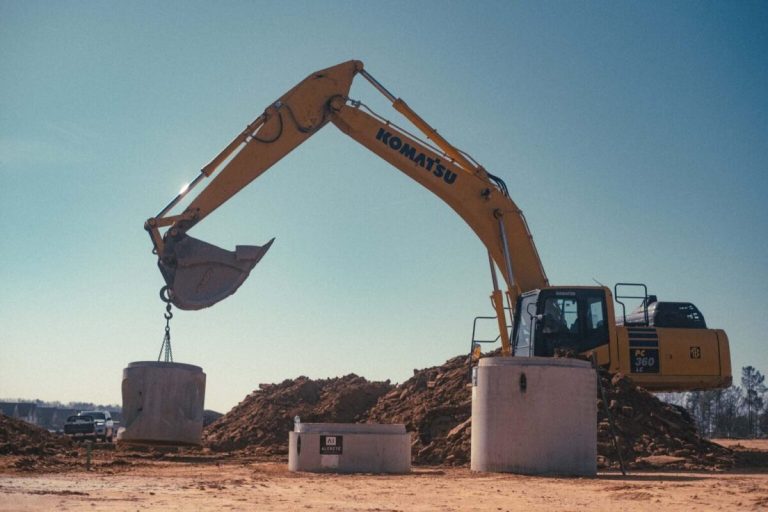3 reasons why home sales remain strong in Birmingham, especially for first-time home buyers
Reading time: 5 minutes

Home prices are rising, construction is stalling and supply is low, leading to speculation about another housing bubble boiling up the U.S. real estate market. That’s not the whole story, though. Here’s why the home market looks hopeful in Birmingham:
-
Change Is Here
Yeah, yeah, yeah. We’ve heard the negative news. Birmingham is not growing. It’s shrinking, actually, according to the most current (2010) U.S. Census. Birmingham lost 1,527 people from 2010 to 2017.

These cities in Jefferson County saw some big declines in population compared to the rest of the state: Bessemer, Center Point, Fairfield, Mountain Brook and Pleasant Grove. The bright spot? Bessemer just gained an Amazon distribution center. New jobs mean people, and people need houses, preferably close to work.
The Urban Land Institute sees that Birmingham, like many other cities, is changing. And, with that change, comes opportunity.

First-time home buyer? Overwhelmed? Check out our guide!
“Our cities are evolving into places that are more diverse and more interesting than ever, with a mix of neighborhoods defined by distinct characteristics that are drawing different residents and workers for different reasons,” said ULI Terwilliger Center Founder and Chairman J. Ronald Terwilliger.

Urban + Suburban = Surban
The ULI report suggests potential growth trajectories, including residential growth. Birmingham was noted for showing residential growth, reflecting a transformation of depressed areas into diverse and distinct areas. That means urban areas are turning a little more suburban, and that’s attractive to home buyers.

Yep. We’re talking about mixed-use districts: urban development that combines residential, commercial, cultural, institutional and entertainment uses that are connected (which also connects public transit). These are known as emerging economic centers.
Here are the numbers:
- Seattle has the largest percentage of residents (13 percent) living in economic centers, followed closely by Washington D.C. and San Francisco (10 percent each).
- Jacksonville, Florida has the most residents (12 percent) in emerging economic centers, followed by Birmingham, Alabama (11 percent).
- New York City has the largest number (26 percent) in mixed-use districts, followed by Chicago (23 percent).

Our neighborhoods are changing, with demographic and economic trends shaping their development. This means we have an opportunity to shape our communities during this transformation, too.

Accommodating a variety of budgets, from those looking to purchase high-rise condos, along with affordable housing that’s convenient to Birmingham’s amenities and services, is key to maintaining diverse and thriving neighborhoods, according to the ULI report. Hello, Birmingham!

2. Home Sales Are Up
According to the Greater Alabama Multiple Listing Service, Birmingham metro-area residential sales totaled 1,513 units during April, 18.4 percent above the same time last year.
The University of Alabama’s Culverhouse College of Business, via the Alabama Center for Real Estate’s (ACRE) also reports that homes sales are up in May, as well. Sales were 189 units or 12.5 percent above the monthly forecast.
Despite low-inventory and rising interest rates, Birmingham is still selling homes. Why?
3. Confidence in Birmingham
Research from the National Association of Realtors found that millennials are the largest group of home buyers, making up 65% of all first-time home buyers last year. 85% of millennial buyers are the most likely generation to view their home purchase as a solid investment.

Where are they buying? In urban growth pockets, like Birmingham. Linking affordability to desirability is key. Millennial home buyers want good schools because they have children, but they also want walkable neighborhoods that are close to amenities—like breweries, baseball fields, grocery stores, parks and restaurants.

The Takeaway
Mixed-use neighborhoods in proximity to good schools (a different discussion for a different post) are the key to attracting first-time buyers, who are displaying the most confidence in purchasing a home as an investment. These customers are looking for places to live with all the fun and accessibility a city offers, but they want it to be affordable. Birmingham, are you listening?



